Petr Fiala said Poland and Hungary were also endangering Czech interests by blocking the leaders' agreement on migration. "Poland and Hungary reject virtually any text that mentions migration. I consider this unfortunate," the Czech prime minister told journalists before the start of the meeting, adding that those who think that the Czech government should cooperate with these two countries on this issue really do not know what they are talking about. He said that the Czech Republic wanted to expressly include in the Council's final declaration that financial support should be given to countries that take in a significant number of Ukrainian refugees, but Poland and Hungary are also threatening this.
Estonian Prime Minister Kaja Kallas argued that all countries should show a willingness to compromise on the contentious migration issue, while acknowledging that member states agree that the EU should focus on protecting its external borders. He said frustration from previous disputes was a barrier to agreement.
Taking into account the concerns of all member states, there is a spirit of compromise in the negotiating room, but perpetually saying "no" to everything is not going to work,
he stressed.
Slovenian Prime Minister Robert Golob said that the summit would not end with unified conclusions on migration, with leaders opting for a separate statement by European Council President Charles Michel. He noted that this statement would stress the importance of working with non-EU countries to reduce migration to the EU - a position that enjoys broad support.
He pointed out that decisions on migration policy require a majority decision, however, Warsaw and Budapest still want unanimity on the issue. Hungary in particular is absolutely steadfast in this view and will, therefore not support any contrary conclusions, he added.
Luxembourg Prime Minister Xavier Bettel said Hungary and Poland calling into question the validity of an EU decision could set a dangerous legal precedent if member states eventually gave in.
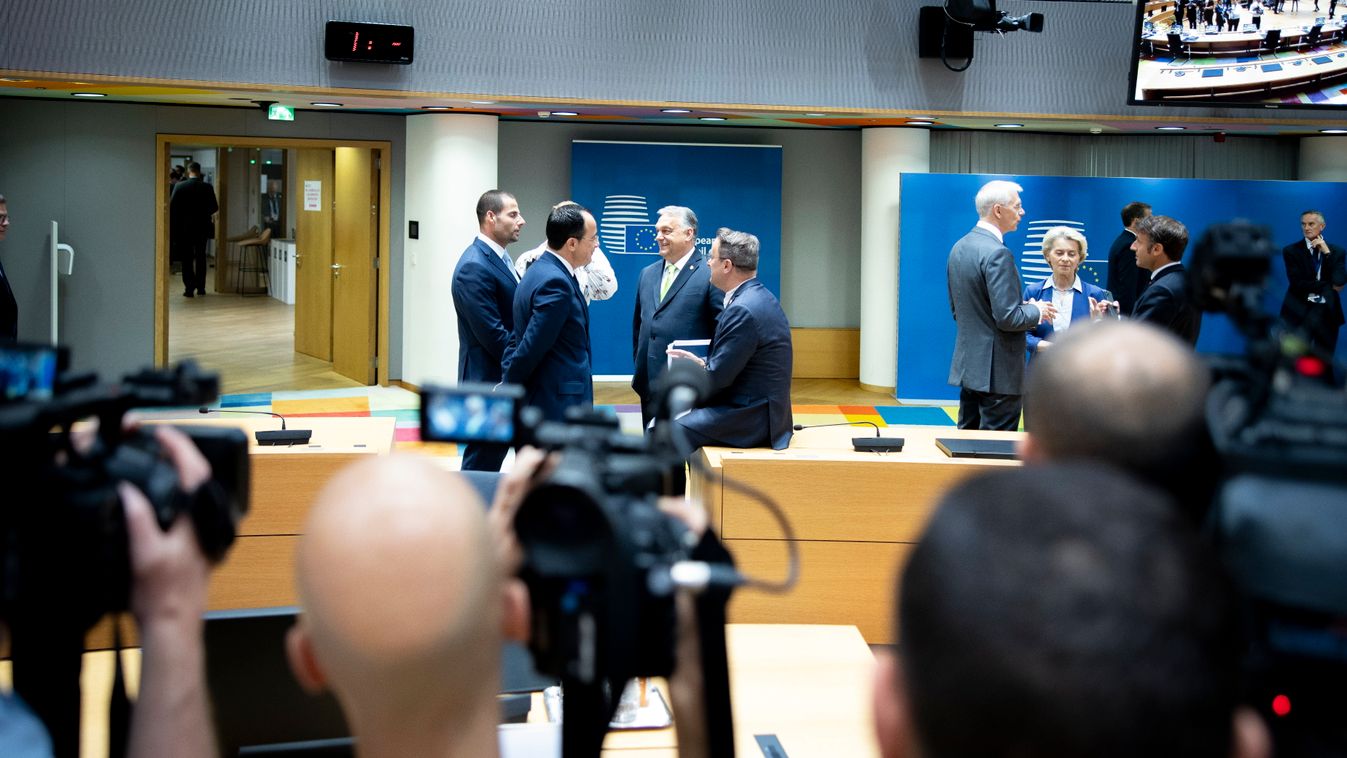
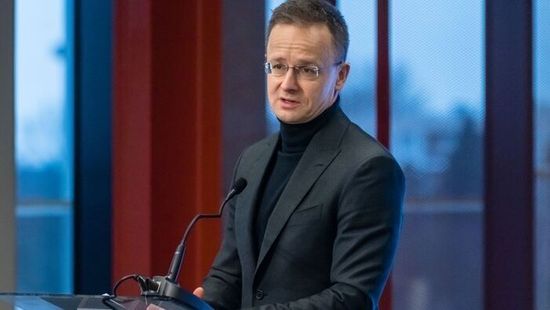
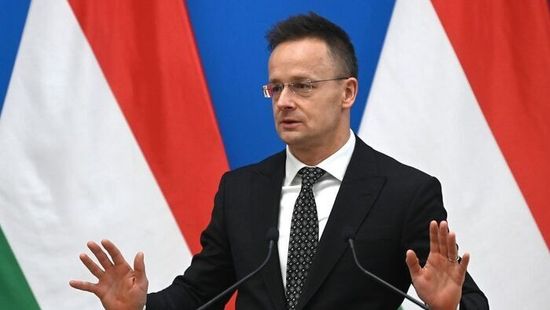
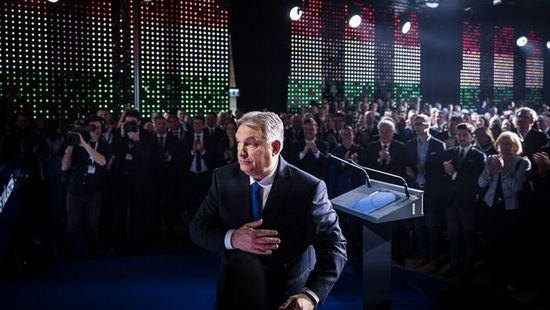
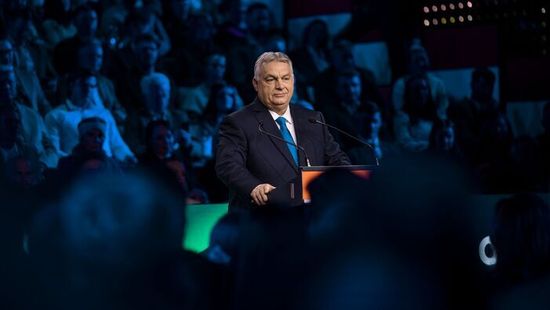

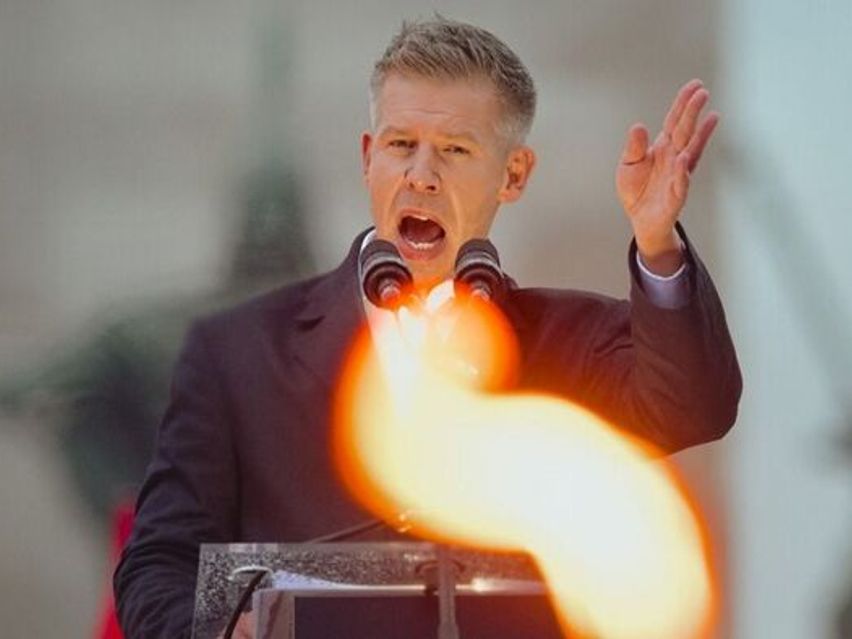
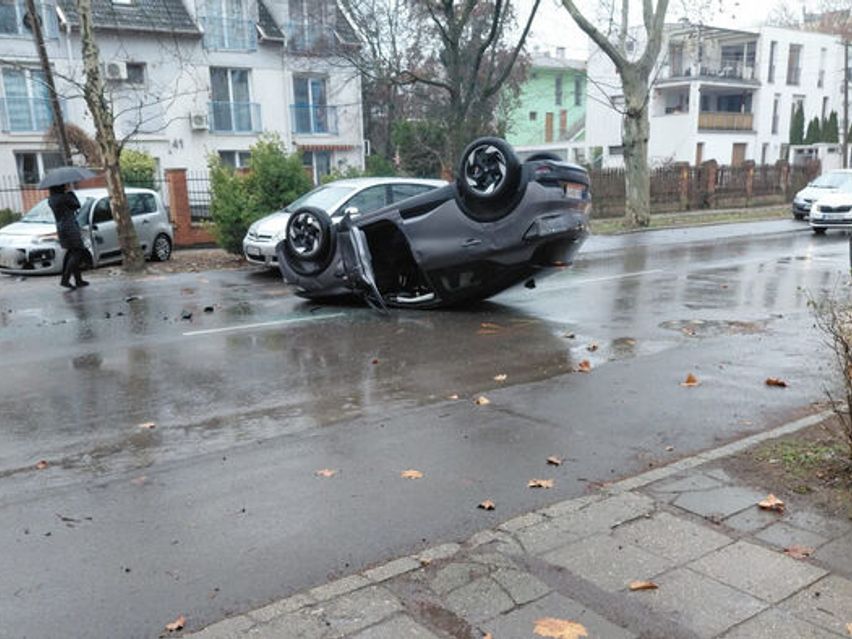
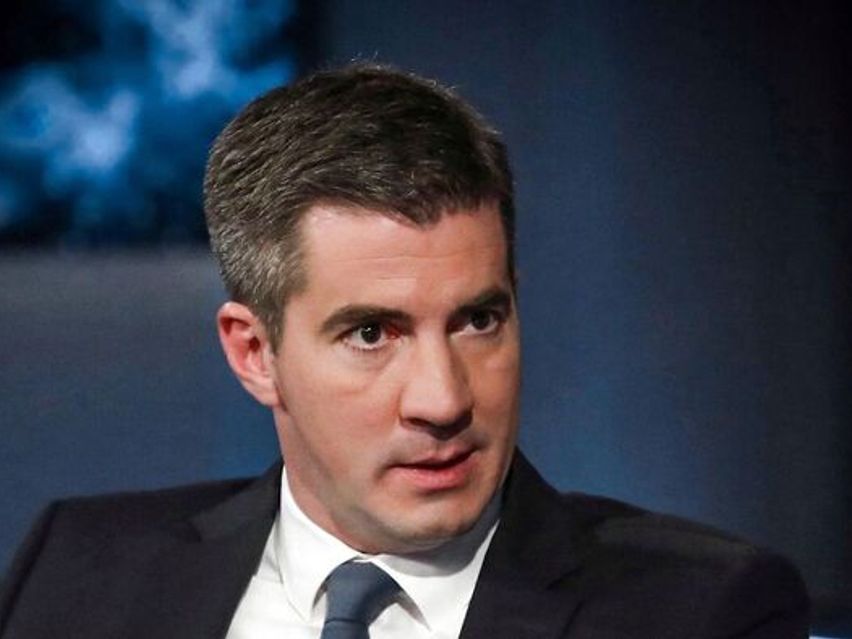
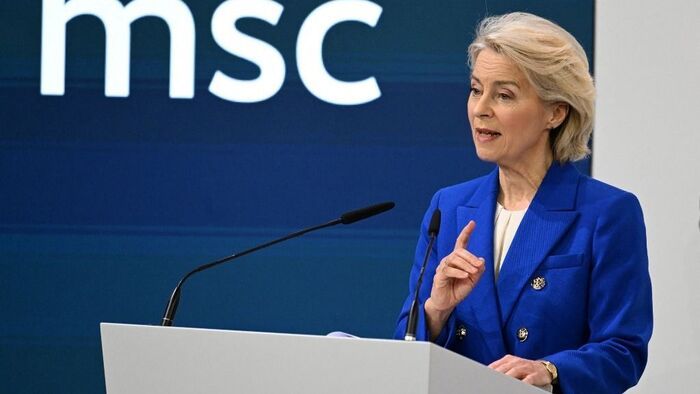

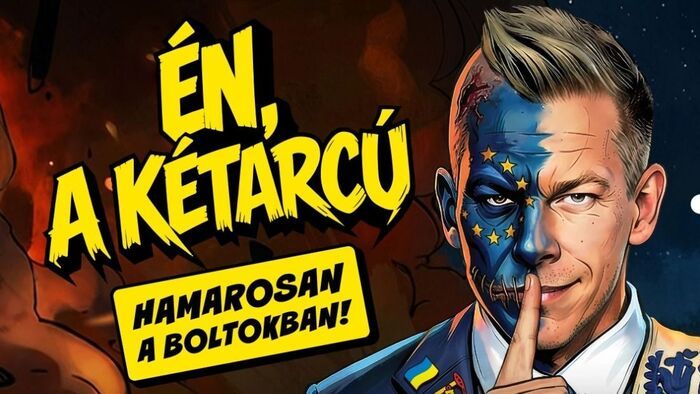


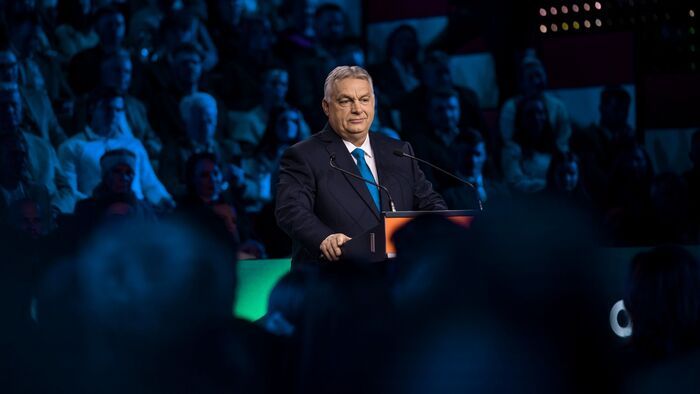
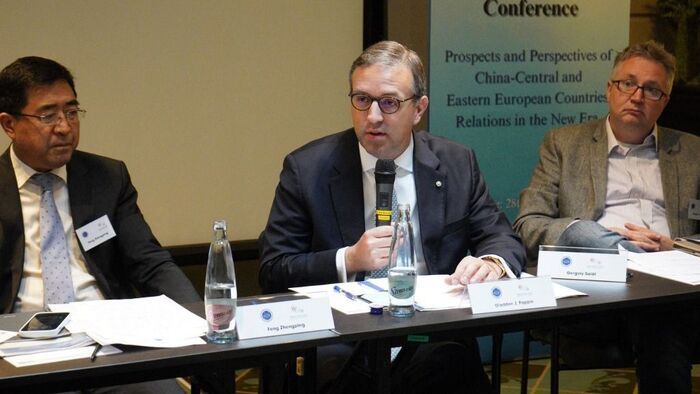
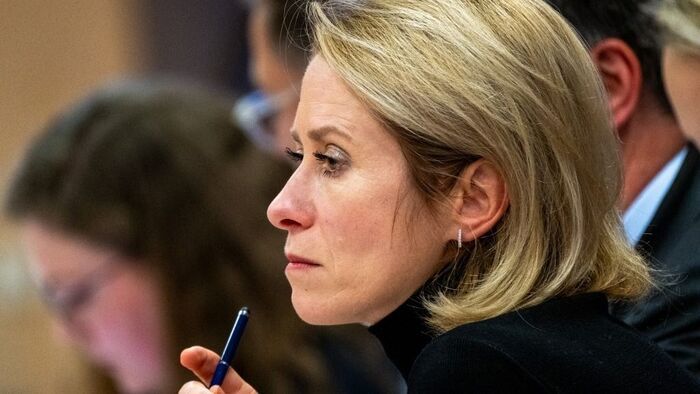
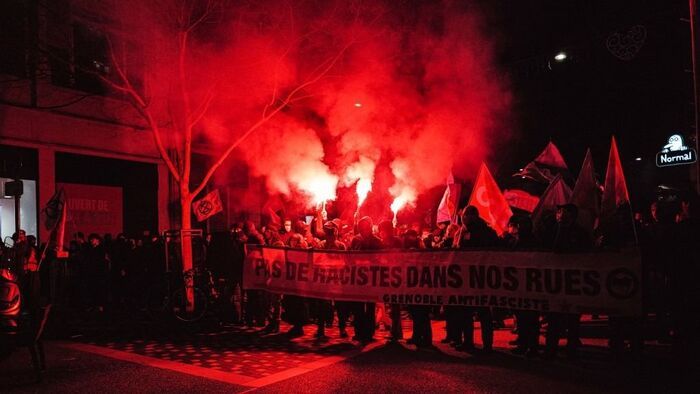


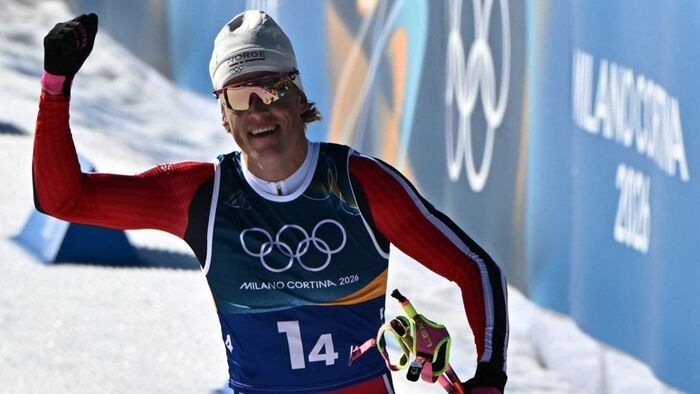


Szóljon hozzá!
Jelenleg csak a hozzászólások egy kis részét látja. Hozzászóláshoz és a további kommentek megtekintéséhez lépjen be, vagy regisztráljon!